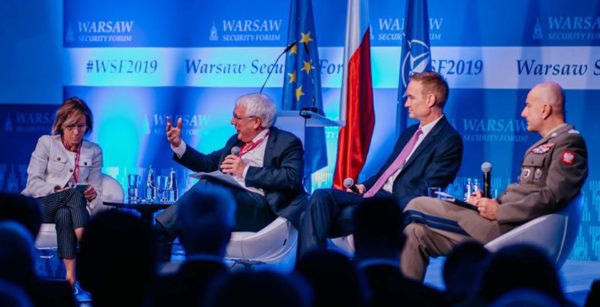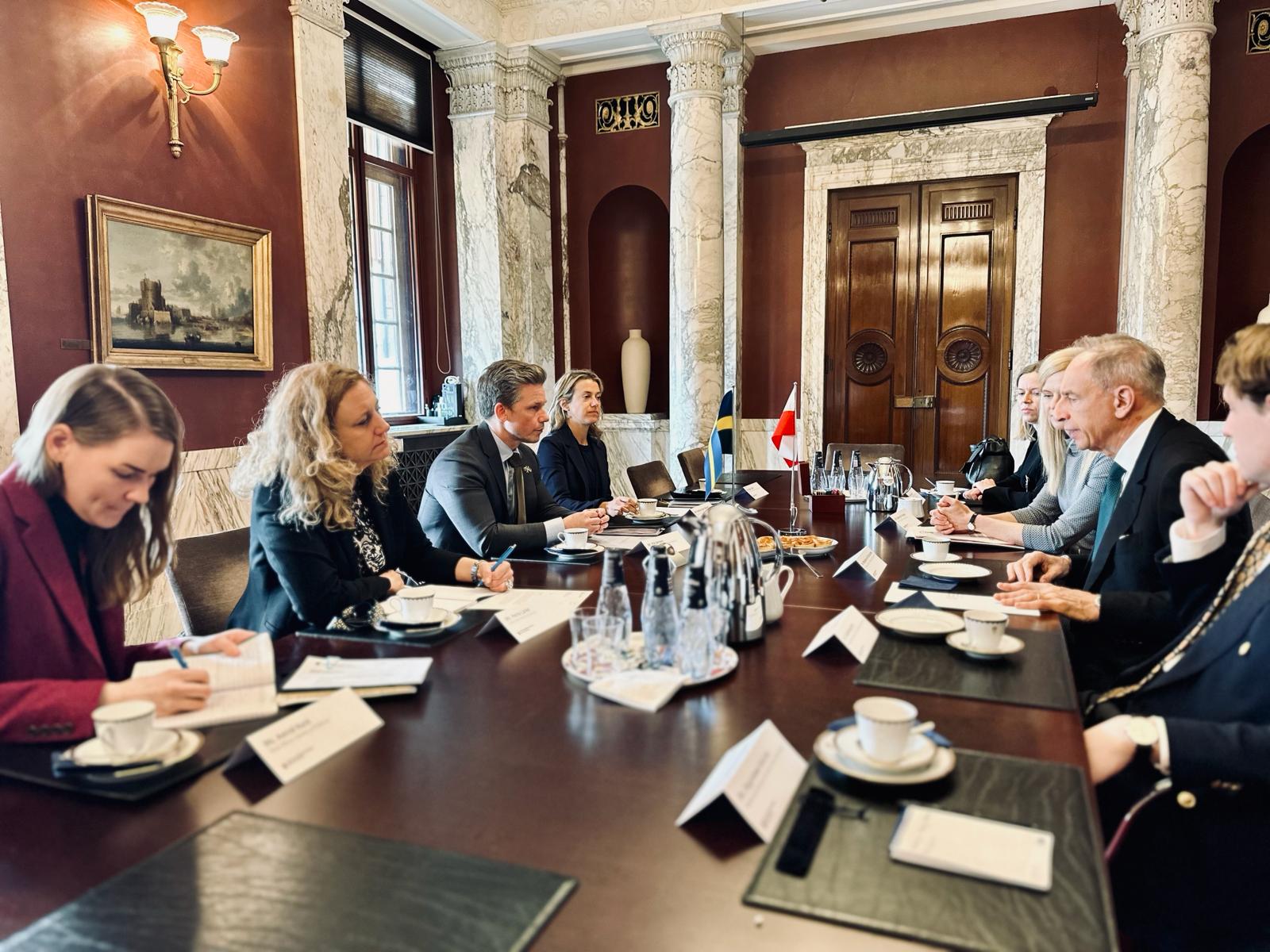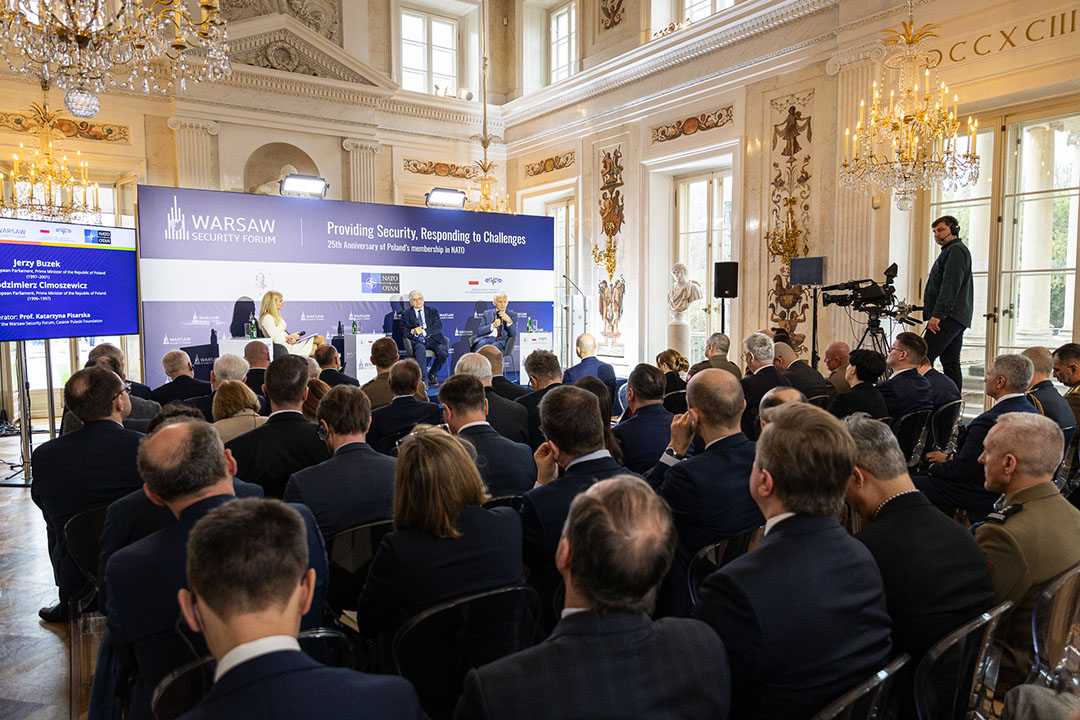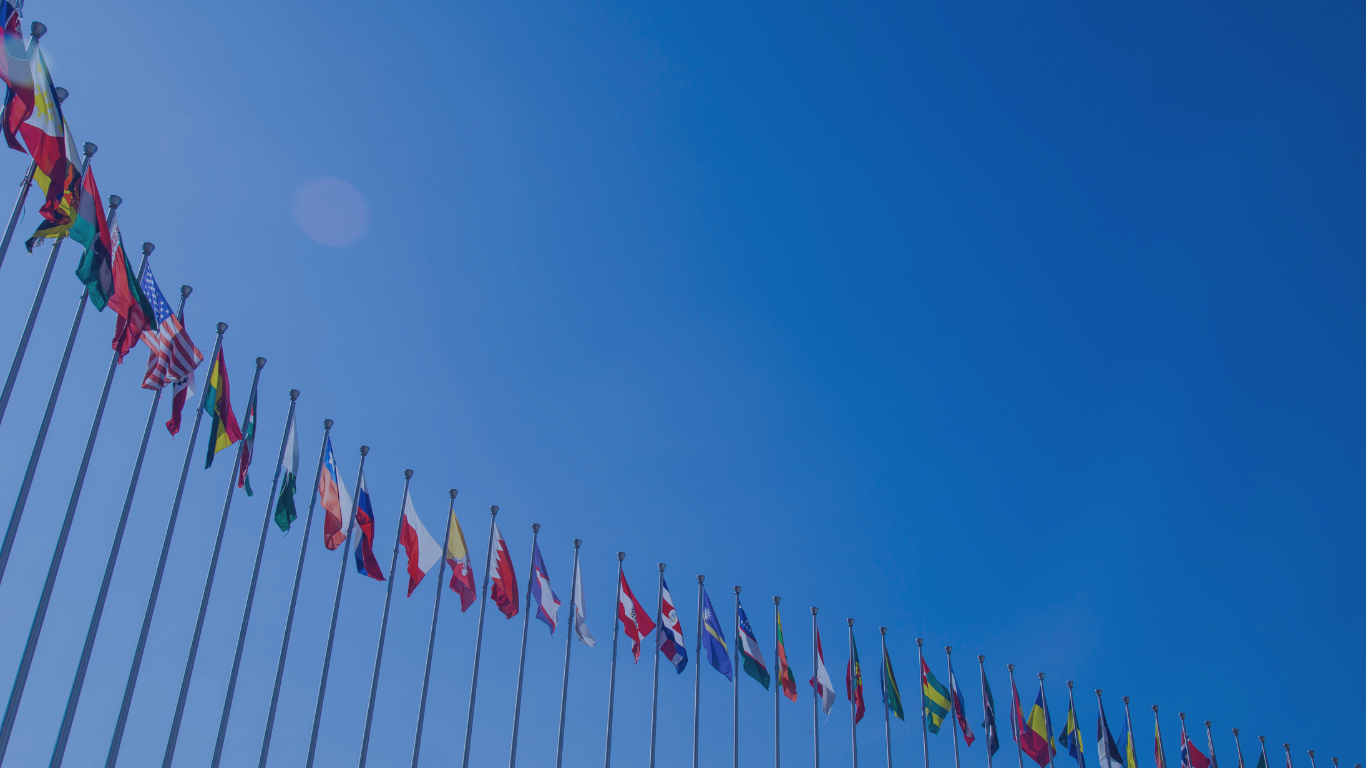WSF2019 | PLENARY SESSION: NATO’s Eastern Flank: From Strategic Reassurance to “Fort Trump”
The session “NATO’s Eastern Flank: From Strategic Reassurance to “Fort Trump”” was held in partnership with the German Marshall Fund of the United States. The panel aimed to discuss the most vulnerable sector of the Alliance – the Eastern Flank, and the current status of a permanent American base in Poland, so-called “Fort Trump”. The participating panelists were: Lt. Gen. Rajmund T. Andrzejczak – Chief of General Staff of the Polish Armed Forces; Dr. Michael Carpenter – Senior Director from the Penn Biden Center for Diplomacy and Global Engagement; Dr. Jamie Shea – Deputy Assistant Secretary General for Emerging Security Challenges (2010-2018) of NATO; Ms. Alina Inayeh – Director of the Black Sea Trust for Regional Cooperation from the GMF of the US. The panel discussion was moderated by Michał Baranowski – Director of Warsaw Office of the German Marshall Fund of the United States. The session took place on October 2nd, 2019 in Warsaw.
Michał Baranowski opened the discussion by describing NATO’s adaptation to the present unstable reality with increased spending not only on the part of the United States but also by Europe. He pointed out that the Alliance is facing many security challenges, such as the militarization of Russia, the rise of China, China-Russia cooperation, and China-US competition. Following his introduction, Baranowski asked the panelists about their biggest concerns regarding possible scenarios for and dangers to regional security.
In response, Gen. Rajmund Andrzejczak cited the unknown challenges that the next generation will face. Speaking from a military perspective, Gen. Andrzejczak identified readiness as crucial to overcoming uncertainty and measuring defense capability.
Jamie Shea joked about the importance of good sleep as a strategy for success. In his opinion, NATO’s strategy should continually be considering the sustainability of defense planning and mobilization. Regarding NATO and strengthening the Alliance, Shea advised: “The first thing that NATO has to do is look at this disparity in armor and how we address it. One way is, of course, to beef up the battalions into brigades, as some have suggested, with a higher armored presence.”
Alina Inayeh focused on the Black Sea region – the Southern part of the Flank. In her opinion, the Black Sea countries are very homogeneous, not only in the way they address security, but also in the way they perceive threats. Inayeh stated that the biggest issues for this region are the lack of permanent cooperation to address the maritime security of the Black Sea and very poor regional infrastructure that could affect the Northern and Eastern Flanks during a possible military conflict. Another threat to the Black Sea region that she mentioned is Russian influence.
Michael Carpenter noted the significance of political solidarity based on shared values. In his opinion, Russia has been targeting the vulnerability of weaker states, such as Hungary or Turkey, in order to break the collective solidarity of the Alliance.
SHARE THIS STORY ANYWHERE YOU LIKE
SHARE THIS STORY ANYWHERE
High-level delegation to Stockholm
Last week Warsaw Security Forum organized a high-level delegation to Stockholm, to hold ministerial-level meetings. Their aim was to discuss the security situation in the region and the preparations for this year's edition of the #WSF2024.
25th Anniversary of Poland’s membership in NATO: Conference summary
The Casimir Pulaski Foundation, the organizer of the Warsaw Security Forum, and the Delegation of the Sejm and Senate of the Republic of Poland to the NATO Parliamentary Assembly, in cooperation with NATO, are organizing a celebration of the 25th anniversary of Poland’s accession to the North Atlantic Treaty Organization. The event is scheduled to take place on March 18th, 2024, in Warsaw.
25th Anniversary of Poland’s membership in NATO: International Conference
The Casimir Pulaski Foundation, the organizer of the Warsaw Security Forum, and the Delegation of the Sejm and Senate of the Republic of Poland to the NATO Parliamentary Assembly, in cooperation with NATO, are organizing a celebration of the 25th anniversary of Poland’s accession to the North Atlantic Treaty Organization. The event is scheduled to take place on March 18th, 2024, in Warsaw.



